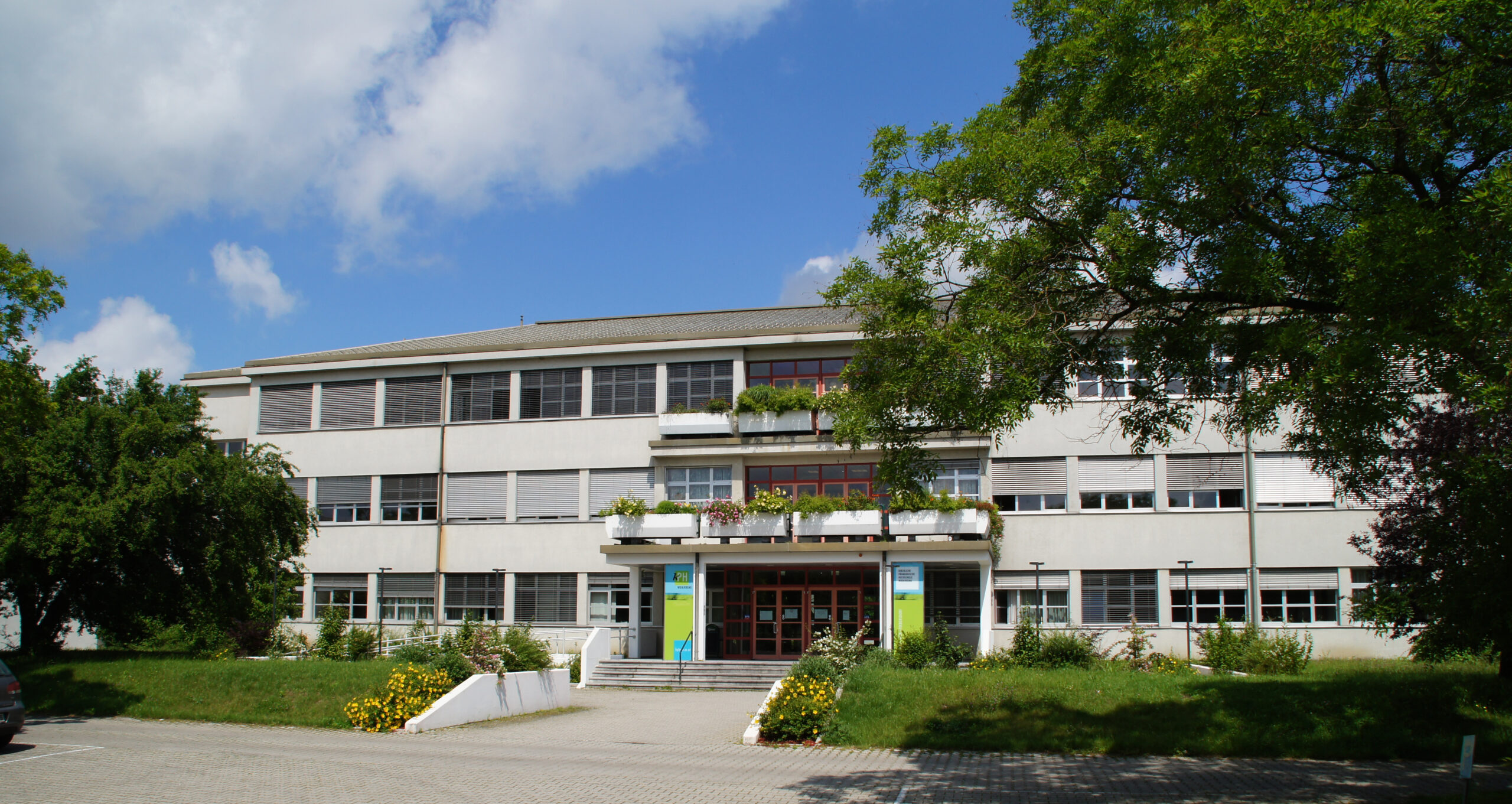
Founded in 2007 the Kirchliche Pädagogische Hochschule (KPH) trains and develops teachers for all teaching subjects. The KPH is the largest teacher training college in Austria in the area of general teacher training at primary level. Teacher training for the secondary level takes place in four educational networks in Austria. In the North-East network, 4 PHs and the University of Vienna jointly run the joint secondary level study program for all subjects. In Austria, the PHs are responsible for the further education (more precisely: further and continuing education) of teachers of all subjects and all school levels. The official area of activity of the KPH Vienna/Lower Austria comprises the federal states of Vienna (6 locations) and Lower Austria (Krems location), for all religious areas except Catholic religious education the entire federal territory (see below ‘Religious education’).
As a university under church sponsorship, the KPH has the legal status of a private university college of teacher education. Like the federal universities, it is subject to the Federal Ministry of Education, Science and Research (BMBWF), which also pays the salaries of the university professors and management staff (as federal employees). It is also controlled by the ecclesiastical sponsoring organizations (University Foundation, University Council), which pay the costs for buildings, infrastructure and administration.
As part of the state educational mandate, the KPH imparts interreligious skills in all curricula. In the interest of the church sponsors and other religious partners (religious societies), the KPH designs the religious education programs. In terms of numbers, the religious education work areas only represent a small part of the KPH’s capacities; in terms of organization and workload, they are very complex.
Interdenominational and interreligious cooperation at the KPH is important in two respects. It serves the professionalization of religion teachers for possible cooperation at school and requires an institutional implementation of interreligious cooperation in the organizational structures. The KPH represents an institutional experiment in the professionalization of religious cooperation.
Website of University College of Christian Churches of Teacher Education Vienna/Lower Austria
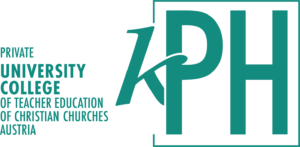
Team
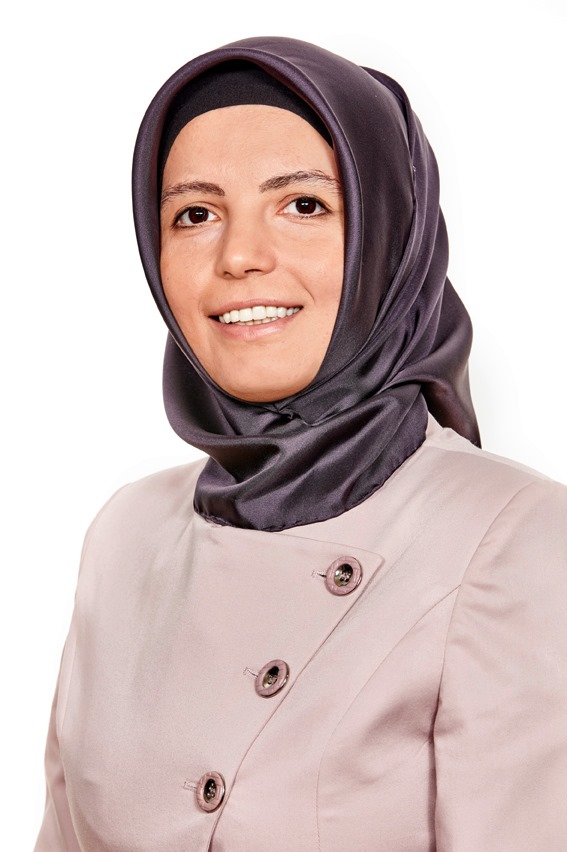
Elif Medeni
Elif Medeni is a professor specializing in the training of Islamic Education teachers at KPH Wien/Niederösterreich in Austria.
An expert in religious education and subject didactics, she has extensive experience in teacher training and curriculum development. From 2018 to 2024, she served as the head of the Institute for Islamic Religion at KPH Wien/Niederösterreich, where she played a key role in shaping innovative concepts for Islamic religious education and interreligious learning formats.
Her research interests include Islamic subject didactics, empirical educational research, children's theology, and interreligious approaches in education. Through her contributions to quality assurance in teacher training and professional development, she has significantly advanced the field of Islamic religious pedagogy. Together with her team, she has designed four major advanced training programs, with a fifth program focusing on special needs education and Islamic pedagogy currently in development.
She has organized national and international conferences, including Sharing Worldviews (2024), Societal Plurality as a Challenge for Islamic Religious Education (2022), and Fiqh in the Schooling Context: Religious Maturity Between Norm and Practice (2025). Her most recent publication, Impulse für einen zeitgemäßen Islamischen Religionsunterricht – Ansätze aus der Theorie, Anregungen für die Praxis (Impulses for Contemporary Islamic Religious Education – Theoretical Approaches and Practical Suggestions) (2024), reflects her commitment to bridging theory and practice in religious education. Her current research projects include the international Religions for Ecology (R4Ecology) initiative, the development of a further training in children's theology, and the evaluation of Islamic education teachers in Austria.
Religions hold a deep ethical responsibility for shaping a more just and sustainable world. The intersection of theology, education, and environmental ethics offers crucial perspectives on addressing today’s global challenges. As an Islamic scholar and educator, I am committed to exploring how religious traditions -particularly Islamic teachings- can inspire ecological awareness and sustainable action. R4Ecology provides a unique opportunity to foster interreligious collaboration and to integrate sustainability into theological and pedagogical discourses. By participating in this project, I aim to contribute to the development of educational approaches and didactics that empower future teachers and generations to engage in ethical, faith-based environmental stewardship rooted in their religious tradition. As a representative partner in the R4E project, I took the lead of the Austrian team to facilitate international networking, develop groundbreaking materials for teaching sustainability at universities and schools, and enhance the professional development and continuing education of religious education teachers in environmental ethics in an interreligious perspective.
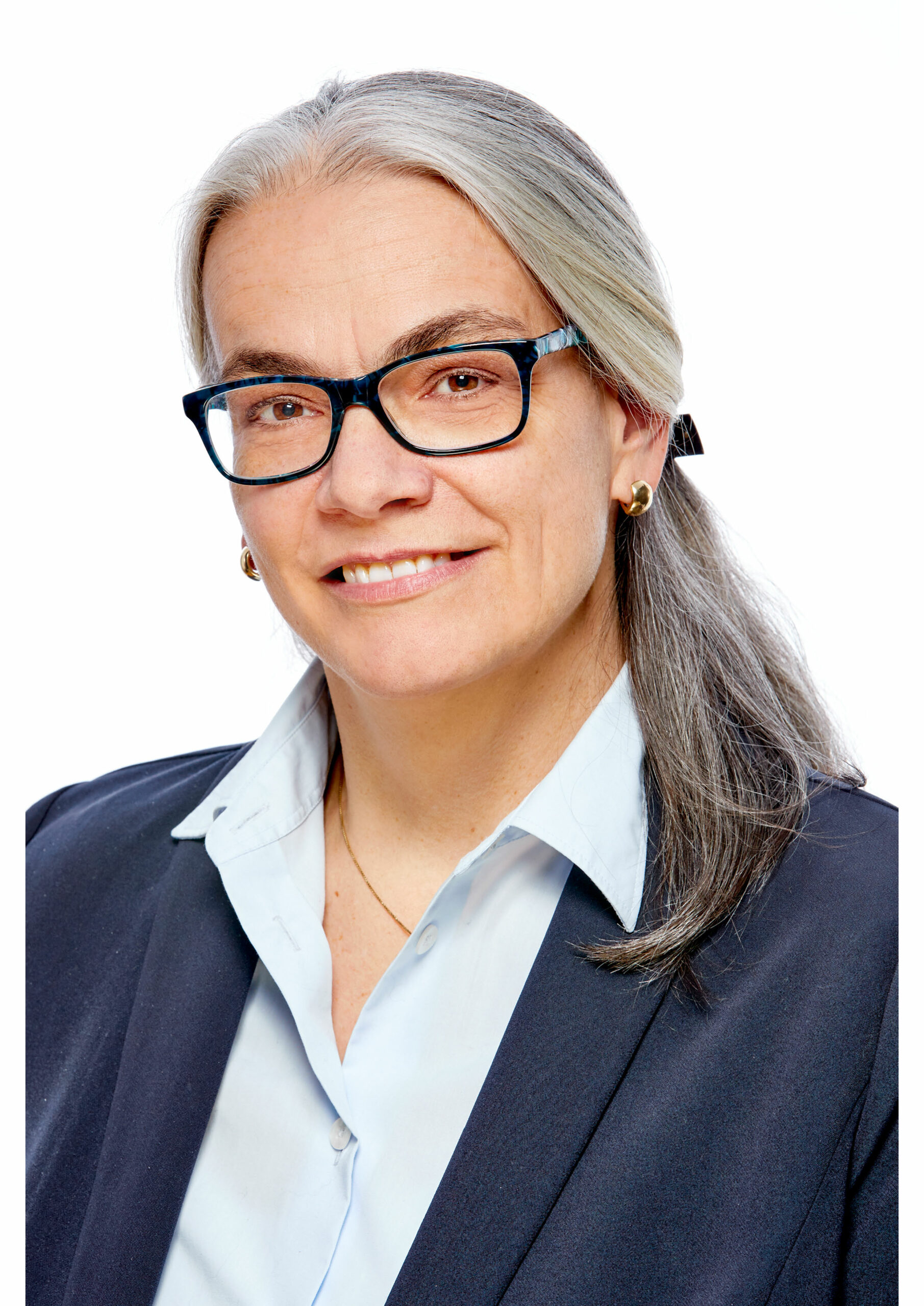
Sylvia Inou
Mag.a Sylvia Inou is a professor in the training of Catholic Religious Education Teachers (primary and secondary level) and primary school teachers at the KPH Wien/Niederösterreich.
She studied Catholic Religious Education at the University of Vienna and the University Paris VIII, Vincennes-Saint-Denis. Her diploma thesis dealt with the question of Unity and Diversity in the linguistics of Jean-Francois Lyotard, located in the of Christian Philosophy. This expressed and laid at the same time the foundation for her interest in and commitment to the development of a concept of unity that releases diversity.
She developed and tested this approach by teching in a variety of formats in interdenominational and interreligious dialog as well as Head of the Institute of Christian Religion being responsible for the Education of Teacher for four Christian denominations (2017-2024)
Sylvia Inou is currently working in teaching and research on the potential that lies in the encounter between (inter)religious approaches and the concept of education for sustainable development, with a focus on the questions of good coexistence. She is member of the SDG-Team and the Competence Center for interreligious, interconfessional and intercultural Dialogue at KPH Wien/Niederösterreich.
Dialogue is a basic attitude which, as a living process, requires lifelong practice, needs to be proven in every new encounter and - this is what matters - promotes good cooperation in everyday life in various contexts. Interreligious cooperation is a valuable, often challenging and always rewarding field of practice for a dialogical attitude and can foster a peaceful, just and life-enhancing coexistence in specific contexts of life. With my commitment as a teacher at the KPH Vienna/Lower Austria in the R4E project, I would like to contribute to the implementation of interreligious dialog as a resource for Education for Sustainable Development in the regional an international discourse and Education of (Religion)teachers.
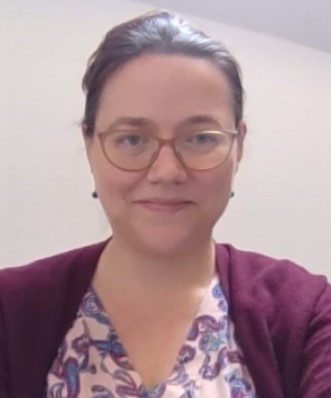
Anissa Strommer
Anissa Strommer teaches at the Department of Buddhist Religion at the University College of Teacher Education of Christian Churches Vienna/Lower Austria (Institut buddhistische Religion, Kirchliche Pädagogische Hochschule Wien/Niederösterreich). She has backgrounds in Linguistics, Religious Studies, and South Asian Studies, and practices Buddhism in the Theravada tradition. Her research interests include Diaspora and Mobility Studies, Buddhist education, and Missionary Linguistics.
I am deeply motivated to participate in this project because it aligns perfectly with my values of promoting sustainability and fostering meaningful dialogue across diverse religious communities. Having always been passionate about environmental issues and the importance of interfaith understanding, I believe this project provides a unique opportunity to address two crucial global challenges simultaneously. I am committed to using my knowledge to contribute to the collaborative efforts of this project, working with others to create solutions that are not only environmentally sustainable but also inclusive and respectful of diverse spiritual perspectives. I am particularly eager to learn from others’ experiences and perspectives, as I believe that true progress in sustainability comes from diverse voices working together.